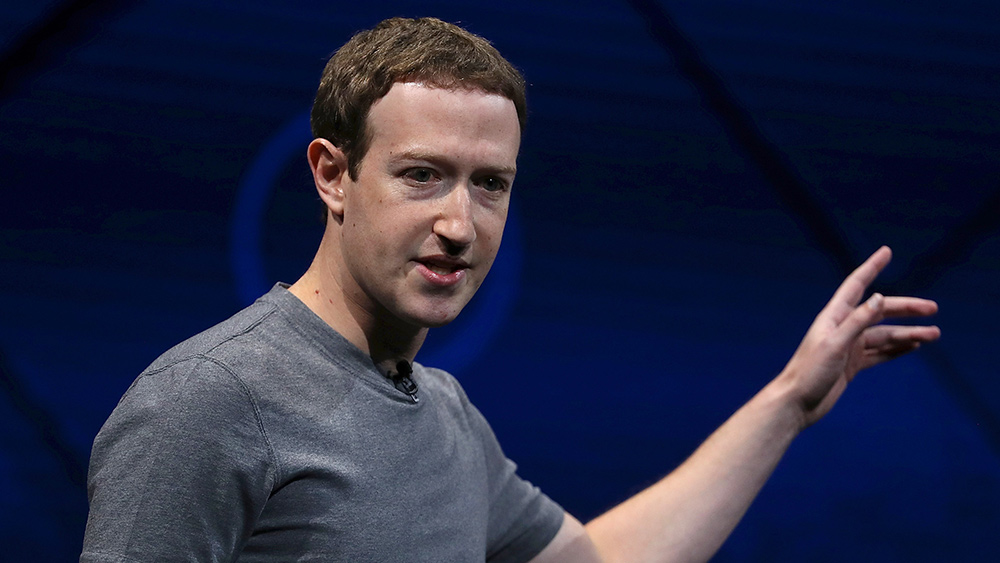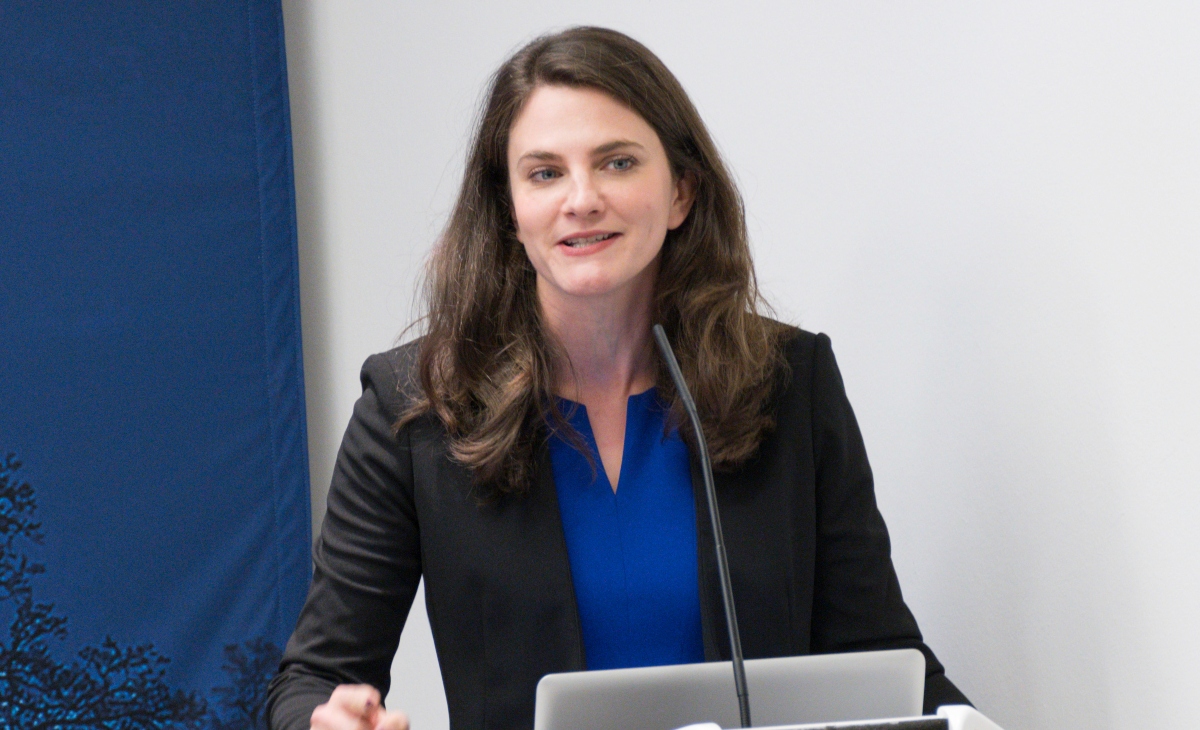Actress Sarah Silverman SUES Meta, OpenAI for copyright infringement
07/13/2023 / By Ramon Tomey

Actress and stand-up comedian Sarah Silverman has sued Mark Zuckerberg’s Meta and OpenAI – maker of artificial intelligence (AI) software ChatGPT – over alleged copyright infringement.
Silverman was joined by authors Richard Kadrey and Christopher Golden in two copyright infringement lawsuits filed July 7 in a San Francisco federal court. The three plaintiffs accused Meta and OpenAI of using copyrighted material to train their chat bots. According to them, the two defendants used their books without permission to develop their so-called large language models (LLMs).
The comedian alleged that ChatGPT is able to accurately summarize her 2010 autobiography, “The Bedwetter.” The two authors, meanwhile, also alleged that the AI software managed to accurately summarize their respective works – Kadrey’s “Sandman Slim” book series and Golden’s 2017 novel “Ararat.” They affixed copies of conversations with ChatGPT showing the accuracy of its answers to their queries.
According to the lawsuit against OpenAI, ChatGPT “retains knowledge of particular works in the training dataset” even though the summaries it generated got “some details wrong.” Meanwhile, the complaint against Meta cited public statements by an employee who assembled the book data used by the company’s LLaMA platform. According to the employee, the data set used by Meta’s AI includes the entirety of Bibliotik – a shadow library with more than 196,000 books.
The two lawsuits seek unspecified monetary damages on behalf of a nationwide class of copyright owners whose works were allegedly infringed. Both Meta and OpenAI – the latter having received financial backing from Bill Gates’ Microsoft – did not immediately respond to requests for comment sent on July 9.
“The lawsuits underscore the legal risks developers of chat bots face when using troves of copyrighted material to create apps that deliver realistic responses to user prompts,” Yahoo News noted. This ability to replicate human conversation has made AI programs “powerful tools for automating tasks.” (Related: BuzzFeed has used artificial intelligence to write over 40 articles.)
AI under fire for STEALING copyrighted materials
A July 11 piece published by AOL explained how ChatGPT and LLaMA use works, such as those of the three plaintiffs, for its function.
According to the article, such models “are designed to consume large amounts of text, which are uploaded into it. The AI then begins to “train” itself so that it can answer prompts or questions from users in a manner that mimics natural human responses. It can write code, fan fiction and job application cover letters or can help with school assignments.”
“The AI models are often fed by online libraries – some of which are legal such as Project Gutenberg, a collection of e-books with expired copyrights. Other sources are known as shadow libraries, which are full of e-books that are available for readers, but typically lack copyright permission from their authors and publishers.”
The piece also outlined the difference between Meta’s LLaMA and OpenAI’s ChatGPT. LLaMA is meant to be a research tool for those studying AI, while the for-profit ChatGPT uses the question-and-answer model. Nevertheless, the lawsuits decried the “flagrantly illegal” practice of feeding AI models with data that includes books from shadow libraries.
The July 7 lawsuit followed an earlier complaint by authors Mona Awad and Paul Tremblay against OpenAI. The complaints filed by attorneys Joseph Saveri and Matthew Butterick also accused the San Francisco-based developer of ChatGPT of copyright infringement.
The lawyers representing Awad and Tremblay are no strangers to lawsuits against AI. According to AOL, they had been behind lawsuits against the controversial AI art tool Stable Diffusion and a proposed class action against Microsoft’s GitHub Copilot.
“Elsewhere, generative AI has prompted concerns in other industries,” the AOL report added. It mentioned the possibility of AI being used by production studios to replace the work of human writers and actors, something that is a central point of concern among striking writers and actors in Hollywood.
Head over to CelebrityReputation.news for more stories about Hollywood actors.
Watch this video discussing the Grammy Awards’ ban on nominations for AI-generated music.
This video is from The Talking Hedge channel on Brighteon.com.
More related stories:
What are the risks posed by artificial general intelligence?
SHOCK – Sarah Silverman is DONE with ‘absolutist-ness’ of Dem Party.
Globalists following planetary script to REPLACE HUMANS with AI systems … you are now obsolete.
Sources include:
Submit a correction >>
Tagged Under:
AI dangers, artificial intelligence, Celebrity Reputation, ChatGPT, Christopher Golden, copyright infringement, future tech, Glitch, hollywood hater, language learning models, lawsuit, LLaMA, meta, OpenAI, Richard Kadrey, risk, robots, Sarah Silverman, theft
This article may contain statements that reflect the opinion of the author
RECENT NEWS & ARTICLES
COPYRIGHT © 2017 TECHNOCRATS.NEWS
All content posted on this site is protected under Free Speech. Technocrats.news is not responsible for content written by contributing authors. The information on this site is provided for educational and entertainment purposes only. It is not intended as a substitute for professional advice of any kind. Technocrats.news assumes no responsibility for the use or misuse of this material. All trademarks, registered trademarks and service marks mentioned on this site are the property of their respective owners.



















